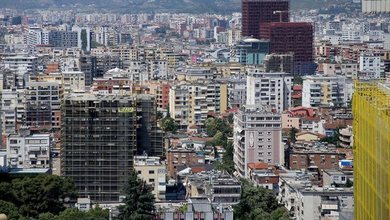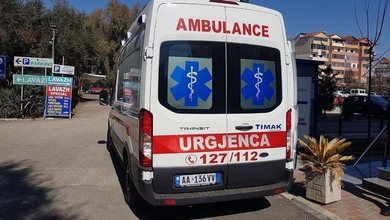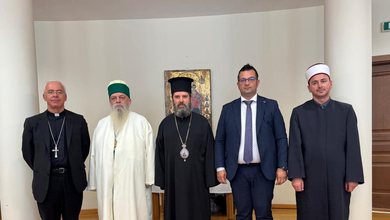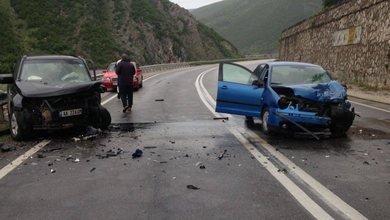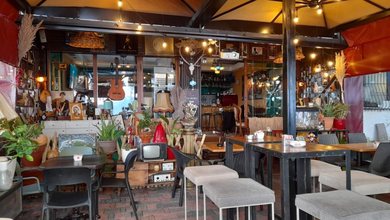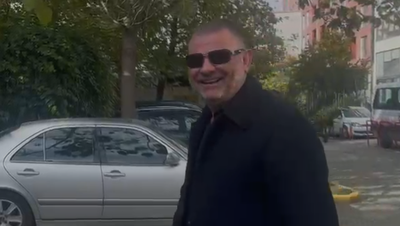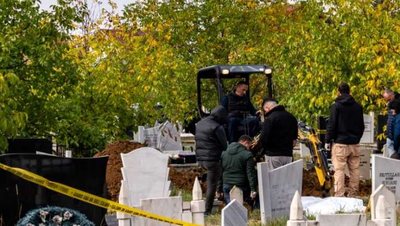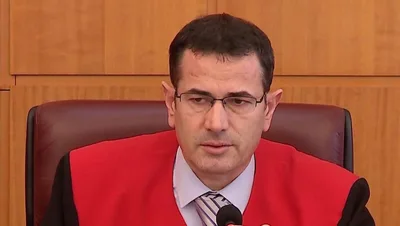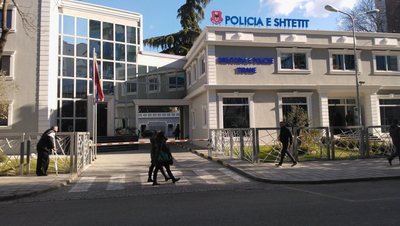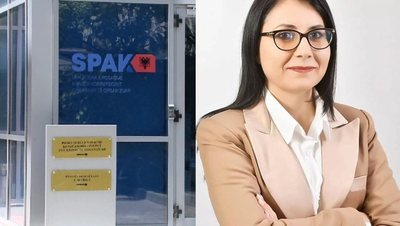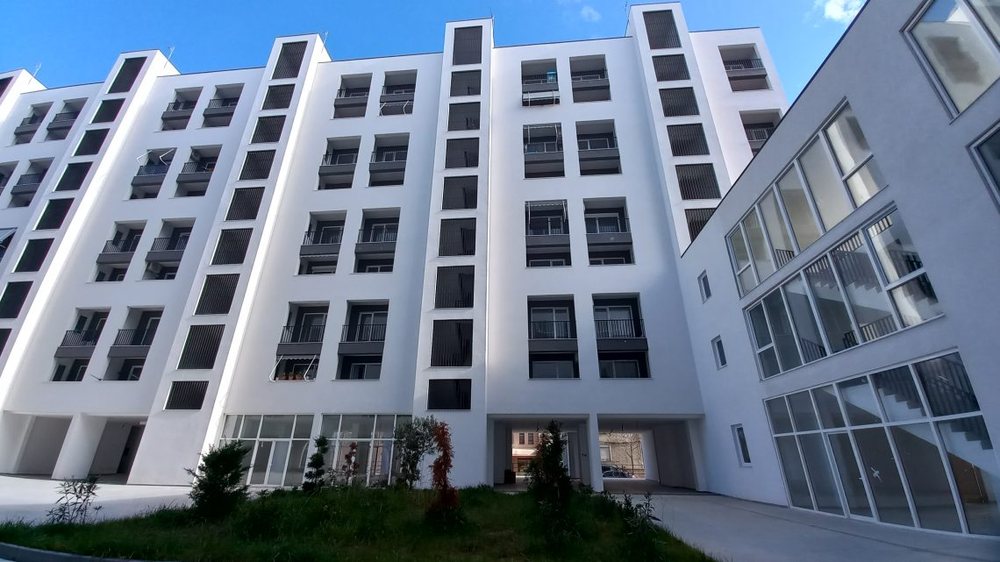
There are around 85,000 empty apartments in Tirana today, according to INSTAT data. However, according to Eurostat, Albania ranks second in Europe for the highest level of housing overcrowding among young people, an indicator that directly reflects social and economic challenges related to the real estate market and income levels.
A full 70.3% of young Albanians (15–29 years old) live in families where the number of rooms is smaller than the needs of its members, while the European Union average is only 26.5%, while in Eurozone countries it drops to 22.7%.
Young Albanians today are emigrating due to the inability to purchase a property, at a time when Albania, according to the "Deloitte Property Index 2025" report, ranks among the countries that have seen the highest price increases in 2024.
The average price of apartments in Albania has reached 1,620 euros per square meter, marking a significant increase of 16.6% compared to a year earlier. This is the second highest rate of price increase in Europe, right after Poland, a country that implements concrete policies to subsidize the purchase of housing for young people.
Meanwhile, the average gross monthly salary in Albania for 2024 is only around 770 euros, according to INSTAT. This figure is 30% lower than in neighboring countries in the region, where average salaries reach 1,150 euros in Serbia, 1,100 euros in Bosnia and Herzegovina, 1,083 euros in Montenegro and 1,020 euros in North Macedonia.
Faced with this alarming reality, which the Civic Resistance has been raising for years, Prime Minister Edi Rama, instead of committing to concrete policies such as subsidies for young people in purchasing homes, chooses to speak like a real estate agent, predicting further increases in property prices.
In a Facebook status, Qëndresa Kytetare raised concerns that citizens are exposed to the serious consequences of the injection of informal money into the economy, which has resulted in an increase in the cost of living and has prompted a mass exodus.


